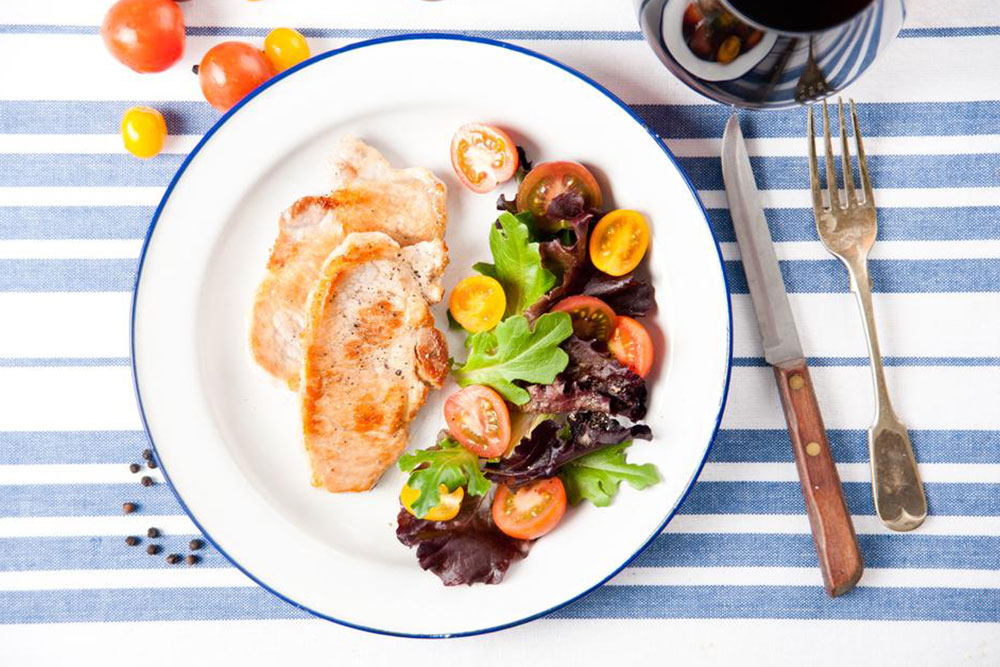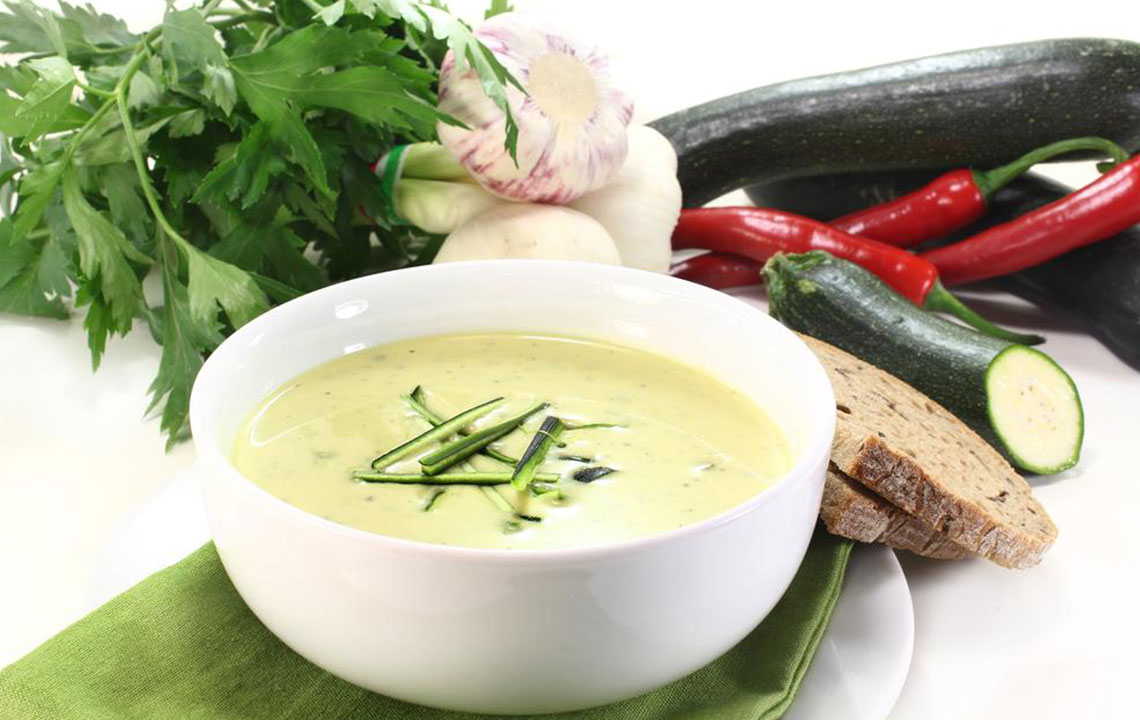Comprehensive Dietary Strategies for Effective Gout Management
Discover comprehensive dietary strategies to effectively manage gout. Learn the importance of anti-inflammatory foods, hydration, and avoiding purine-rich and processed foods to control uric acid levels and reduce flare-ups. Implement these expert tips for better joint health and long-term disease control.

Proven Dietary Approaches to Control Gout Symptoms
Gout is a complex form of inflammatory arthritis that causes sudden and intense pain, swelling, and tenderness in the joints, predominantly affecting the toes, ankles, knees, and other extremities. While medications are essential for managing acute attacks, long-term control of gout largely depends on dietary habits. Elevated uric acid levels, medically known as hyperuricemia, play a central role in the development of gout. This buildup occurs when the body either produces too much uric acid or cannot efficiently eliminate it through the kidneys. Therefore, dietary modifications aimed at reducing uric acid production and promoting its excretion are fundamental to effective gout management.
Adopting an anti-inflammatory diet not only alleviates symptoms but also helps prevent future flare-ups. Proper nutrition involves selecting foods that naturally lower uric acid levels, avoiding triggers that lead to increased production, and incorporating lifestyle habits that promote overall joint health. This comprehensive guide will delve into specific dietary strategies, including choosing nutrient-rich, anti-inflammatory foods, increasing hydration, and steering clear of foods rich in purines and processed ingredients. Implementing these dietary changes can dramatically improve quality of life for those affected by gout and contribute to long-term disease management.
Effective gout management hinges on dietary choices. Focus on consuming organic, whole foods, favoring locally sourced produce when possible. Fruits such as cherries, strawberries, and citrus fruits contain antioxidants that boost the body's ability to lower uric acid. Prioritize healthy fats like monounsaturated fats found in olive oil, avocados, and nuts, as well as omega-3 fatty acids from fatty fish such as salmon, mackerel, and krill oil, known for their potent anti-inflammatory effects. Herbal remedies including turmeric, ginger, rosemary, and cinnamon can serve as natural anti-inflammatory agents. Equally important is increasing water intake to aid uric acid excretion, consuming potassium-rich vegetables to support kidney health, and avoiding high-purine foods such as red meats, shellfish, organ meats, and processed snacks. These dietary strategies, combined with a healthy lifestyle, can significantly reduce the frequency and severity of gout attacks.





